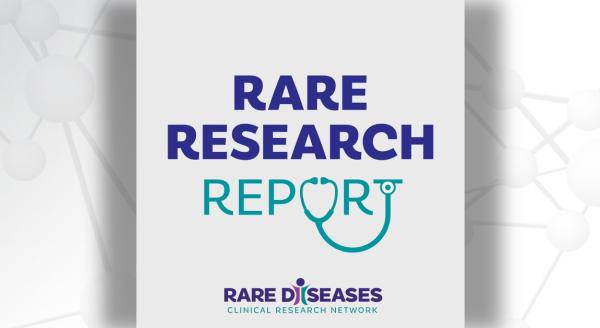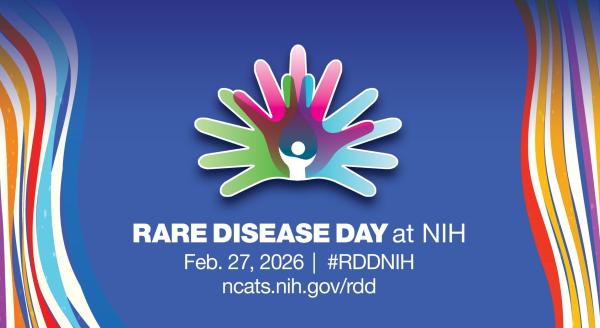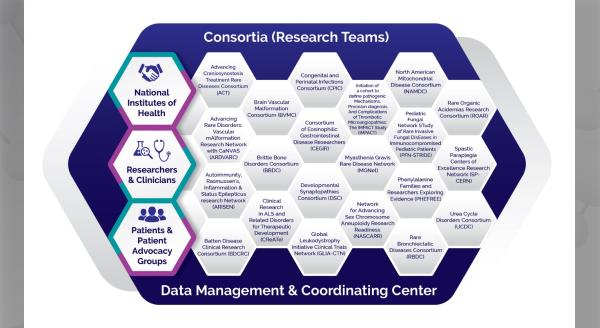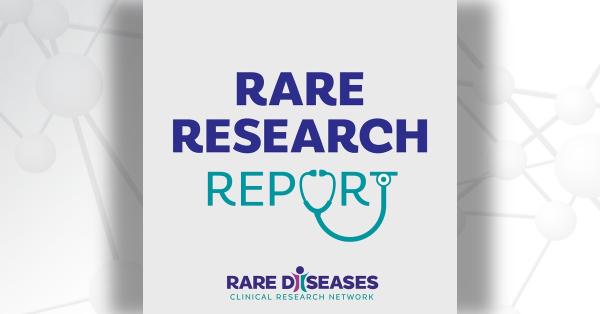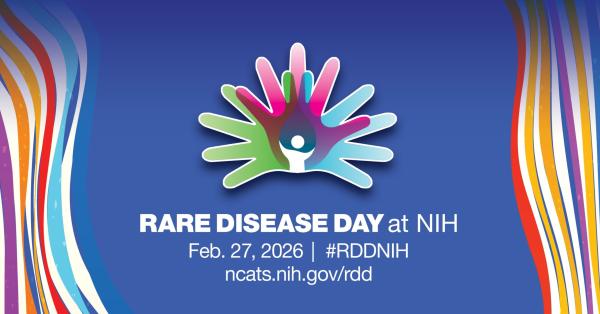Girish Hiremath, MD, MPH, is a pediatric gastroenterologist leading the pediatric Eosinophilic Gastrointestinal Disorders clinic at Vanderbilt University. He is also a member of the Consortium of Eosinophilic Gastrointestinal Disease Researchers (CEGIR). Dr. Hiremath’s research focuses on the epidemiology, pathogenesis, diagnosis, and management of eosinophilic gastrointestinal diseases (EGIDs). Here, he shares his start in rare disease research, exciting discoveries, and future goals.
How and why did you get involved with rare disease research?
I became interested in eosinophilic esophagitis (EoE) during my pediatric residency at Inova Children’s Hospital in Fairfax, Virginia. I was able to strengthen my interest in EoE during my pediatric GI fellowship at Texas Children’s Hospital/Baylor College of Medicine in Houston, Texas.
Through my interactions with experts in EoE, I realized that our understanding of the epidemiology and the pathogenesis was in its infancy. My interactions with EoE patients and their families made me realize that the diagnosis and management of EoE was complicated and cumbersome. These factors motivated me to apply my clinical and research skills to make meaningful contributions to the field and ultimately improve the quality of care of EoE patients.
When did you join CEGIR as an early stage investigator?
From a large pool of outstanding applicants from all over the country, I was fortunate to be selected as a CEGIR trainee in 2016.
What were your experiences working with CEGIR and how has the experience shaped your research career?
I have had great experiences working with CEGIR, and the consortium has greatly influenced my career trajectory. I’ve evolved from a CEGIR trainee in 2016 to becoming a principal investigator at the Vanderbilt site in 2020.
CEGIR provided me with unparalleled opportunities to learn from and collaborate with experts in EGIDs. I also abundantly benefitted from the close mentorship provided by established leaders in the field and working with patient advocacy groups. These experiences motivated me to enthusiastically pursue patient-oriented clinical translational research in EGIDs.
Can you share a recent discovery with us, and what it adds to our knowledge of the field?
One of our exciting lines of investigation focuses on applying advanced biomedical technologies to discover tissue-level biochemical alterations associated with development and progression of EoE. Specifically, we are applying Raman spectroscopy (in vitro as well as in vivo) to elucidate the biochemical profile of esophageal tissue affected by EoE. This will enable us to diagnose EoE with high accuracy in real time.
Where are you heading next with your research?
At Vanderbilt, I have developed an interdisciplinary approach to address some of the unanswered questions in EoE. I have conceptualized multiple lines of investigation in collaboration with epidemiologists, biomedical engineers, basic scientists, and artificial intelligence experts.
We envision that our work will advance our understanding of pathogenesis of EoE, sharpen our ability to diagnose and monitor EoE, lead to identification of novel therapeutic targets, and personalize treatment of EoE patients.
What advice would you offer to other early stage investigators?
Find an area that YOU are passionate about. Develop a network of collaborators. Find mentors who care about you as an individual and are truly invested in your growth as a researcher. Celebrate your successes, and quickly forget your failures/rejections; however, learn from both. Stay hungry. And finally, BELIEVE in yourself!
The Consortium of Eosinophilic Gastrointestinal Disease Researchers (CEGIR) is part of the Rare Diseases Clinical Research Network (RDCRN), which is funded by the National Institutes of Health (NIH) and led by the National Center for Advancing Translational Sciences (NCATS) through its Division of Rare Diseases Research Innovation (DRDRI). CEGIR is funded under grant number U54AI117804 as a collaboration between NCATS, the National Institute of Allergy and Infectious Diseases (NIAID), and the National Institute of Diabetes and Digestive and Kidney Diseases (NIDDK).


